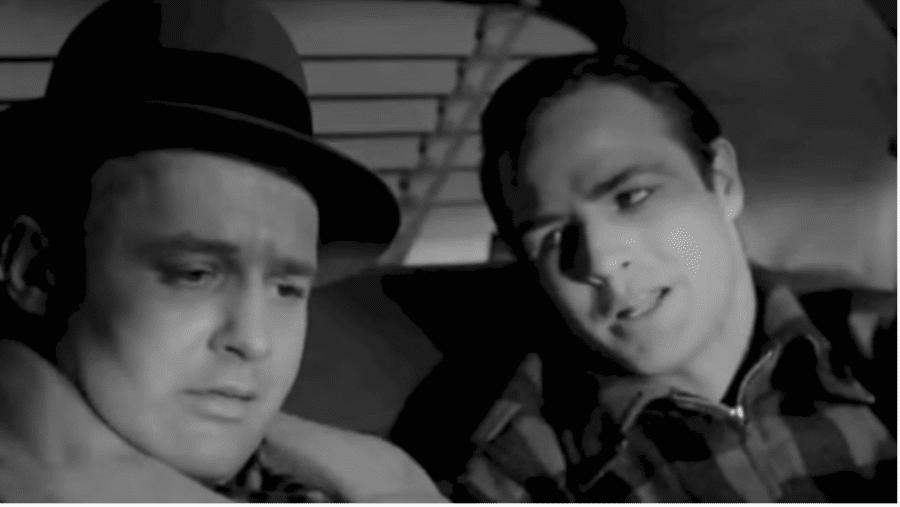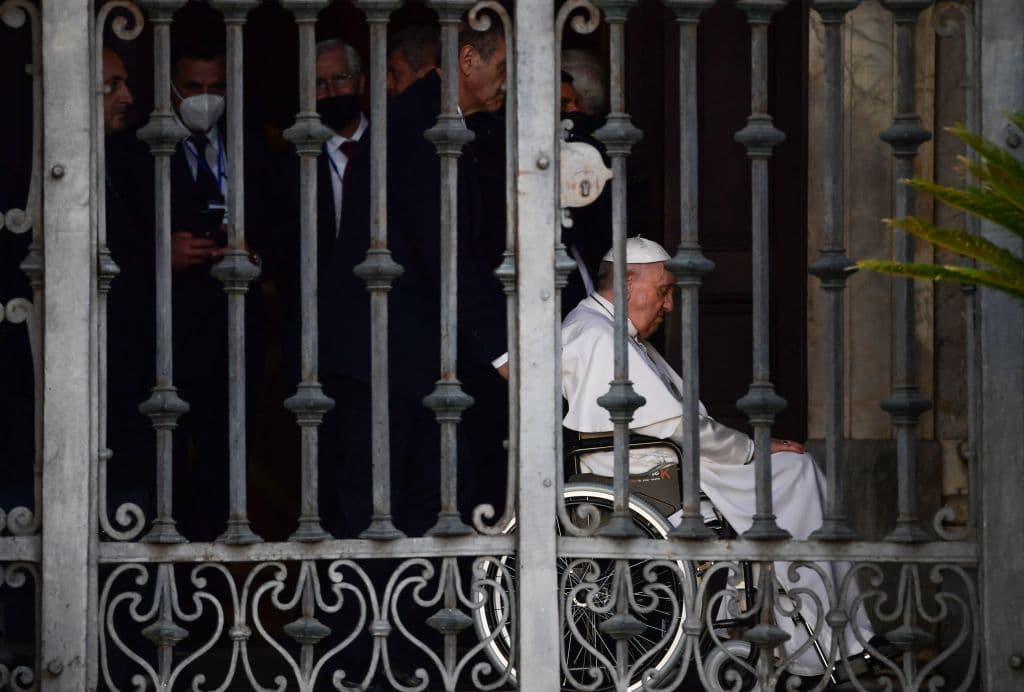
This is the first of a weekly series from Anthony Esolen giving his top ten films in different categories. Readers are invited to give their own choices on the Catholic Herald‘s Facebook page. You are also invited to suggest topics for future lists.
Hollywood (and the English cinema) used to make a lot of intense, intelligent, rather quiet dramas about human suffering, human disappointments, human joys. The films tend to be underrated, because they were never supposed to be blockbusters. They are also mostly in black and white, and when you watch them, it’s hard to imagine them otherwise.
The zenith of these dramas came late in Hollywood’s Golden Age: I’d call it the Playhouse Decade, when what you had on the silver screen and on television were conceived first for the stage, or were conceived with the stage in mind. In America, the playhouse shows were on one network or another, every night — with work ranging from very good to sublime. But the movies had them too.
Here are my top ten “playhouse” dramas, though I am certainly missing another twenty that could be here:
1. On the Waterfront. Marlon Brando walks a Via Dolorosa. He’s the down and out boxer who “coulda been a contender,” and who has to redeem himself by courage and suffering. Brando is at his best, but the whole cast is phenomenal; Lee J. Cobb as the corrupt union boss Johnny Friendly; Eva Marie Saint as Edie, the sister of the young man whom Johnny has had killed; Karl Malden as a tough and courageous priest; Rod Steiger as Charlie, Brando’s brother who ruined the boy’s career by making him lose his big fight on purpose. This one was supposed to be a blockbuster.
2. Twelve Angry Men. Superb cast, with all but a few moments of the film set in a single room, where a jury meets to decide whether a teenage boy is guilty of murdering his father. Everybody remembers Henry Fonda, the one man who never believes that the prosecution has proved its case. But the twelve jurors are sharply distinct, and every one of them has his moments. They’re all good, but check out the three most stubborn holdouts for guilty: the coldly precise E. G. Marshall, the bigot Ed Begley, Sr., and Lee J. Cobb — the last vote to turn.
3. The Browning Version (not the 1994 remake). It will rip your guts out. Michael Redgrave plays a teacher of Greek at a boys’ school, unloved by his wife, feared and made fun of by the students, apparently a total failure. See Wilfrid Hyde-White as the unctuous and malignant headmaster.
4. Marty. Ernest Borgnine was as ugly as boiled sin, but the man could do everything. He was the sadistic sergeant in From Here to Eternity. He was the devil-may-care comic officer in McHale’s Navy. Here he is Marty, a lonely Italian butcher, living at home with his mother who wonders why he doesn’t get married.
5. Billy Budd. Few films, they say, are as good as the books they are based on. This film is one of them. Peter Ustinov adapted Melville’s novel for the screen, produced the film, directed it, and played the key role of Captain Vere, the good man who must sentence the innocent Billy to death. But look out for Robert Ryan as the Master at Arms, at his malevolent and intelligent best.
6. Requiem for a Heavyweight. This one was written by Rod Serling, of The Twilight Zone. Anthony Quinn is the punch-drunk boxer, and Julie Harris, the social worker who tries to help him. Also with Mickey Rooney — another odd-looking man who could do everything — and Jackie Gleason as the villain.
7. Lilies of the Field. A great and beautiful movie, powerfully subtle about racism in America, without being preachy. Sidney Poitier is a handyman, Homer Smith, who comes upon a small group of nuns in the dry southwest. They are from Germany, they have no money, but they want to build a “schapel” for the people roundabout, mostly poor Mexican Americans. Check out the battle of Bible verses between “Schmidt” the Baptist and the Mother Superior.
8. Days of Wine and Roses. Jack Lemmon and Lee Remick. Almost unwatchable for people who have “been there” with addiction.
9. A Raisin in the Sun. Sidney Poitier again. He had a run of about ten years when nobody was a better actor than he was. A couple of guys might have been as good, but nobody better. See also his work as a young intern in No Way Out, opposite his good friend Richard Widmark, who plays about the vilest white racist you will ever see.
10 tie. The Member of the Wedding. Ethel Waters, Julie Harris, and Brandon de Wilde all three starred in this play on stage, and then they also starred in the film. See them singing “His Eye is on the Sparrow.”
10 tie. Goodbye, My Lady. Not really a playhouse film, because it happens all outdoors, but otherwise in the category, and underrated. Walter Brennan, Phil Harris, and Brandon de Wilde again. De Wilde is a boy in the bayous who finds a lost dog, a barkless Basenji, and trains it to be the best bird-dog anybody in those parts has ever seen.
Honorable Mention: Fail-Safe; Seven Days in May; The Oxbow Incident; Gentlemen’s Agreement; Stalag 17; All My Sons.
Antony Esolen is writer-in-residence at Magdalen College, a distinguished translator, and the author of many books, most recently Sex and the Unreal City. His previous article for the Catholic Herald was One Way to Racial Reconciliation: Don’t Talk, Do Something.
Photo credit: The picture is taken from the original trailer for On the Waterfront.
![]()
This page is available to subscribers. Click here to sign in or get access.
Areas of Catholic Herald business are still recovering post-pandemic.
However, we are reaching out to the Catholic community and readership, that has been so loyal to the Catholic Herald. Please join us on our 135 year mission by supporting us.
We are raising £250,000 to safeguard the Herald as a world-leading voice in Catholic journalism and teaching.
We have been a bold and influential voice in the church since 1888, standing up for traditional Catholic culture and values. Please consider donating.



